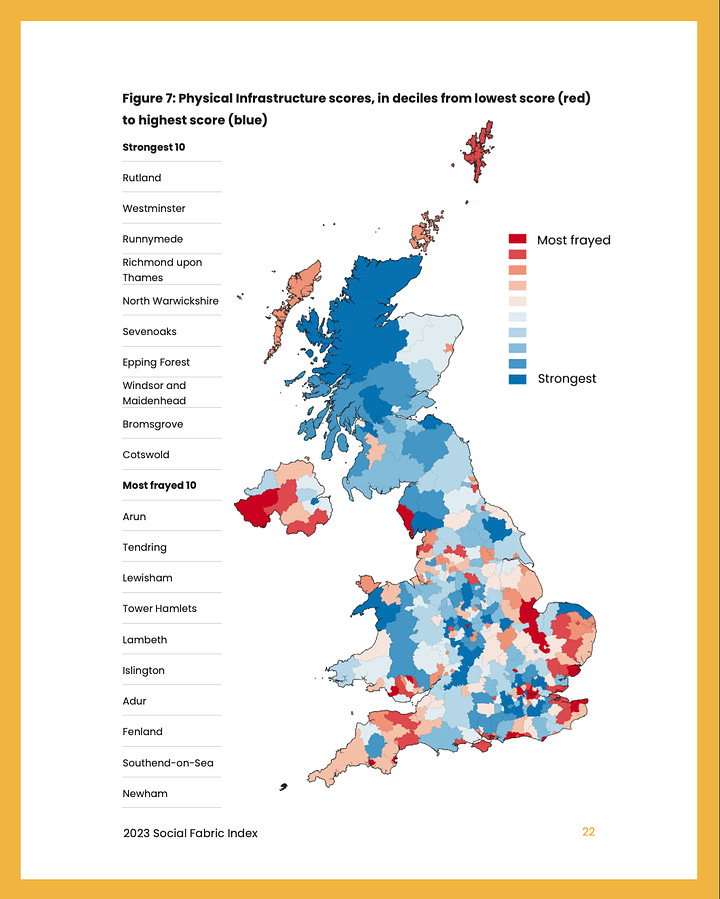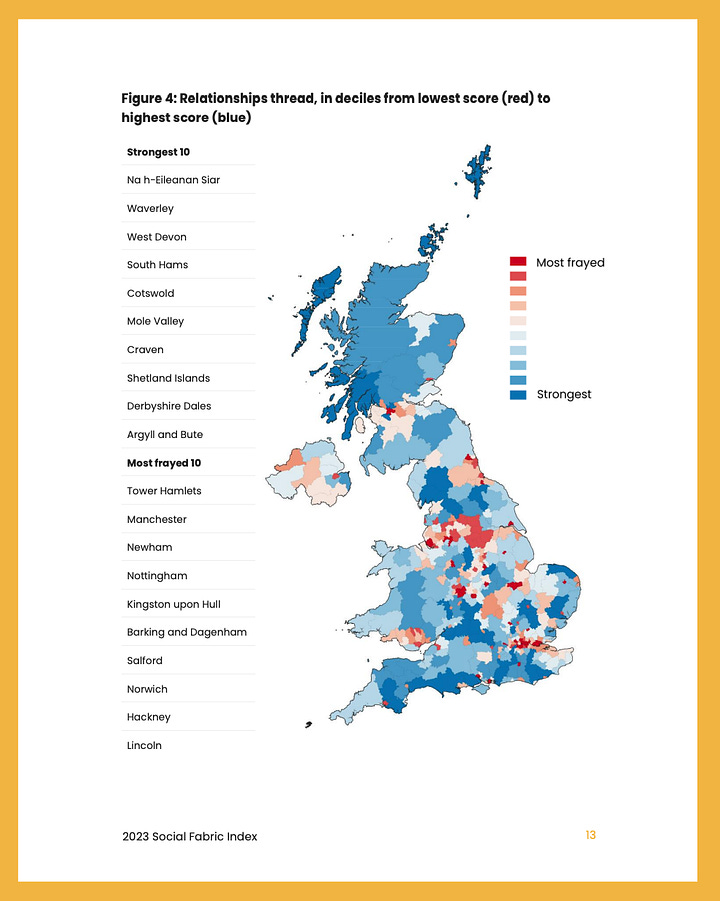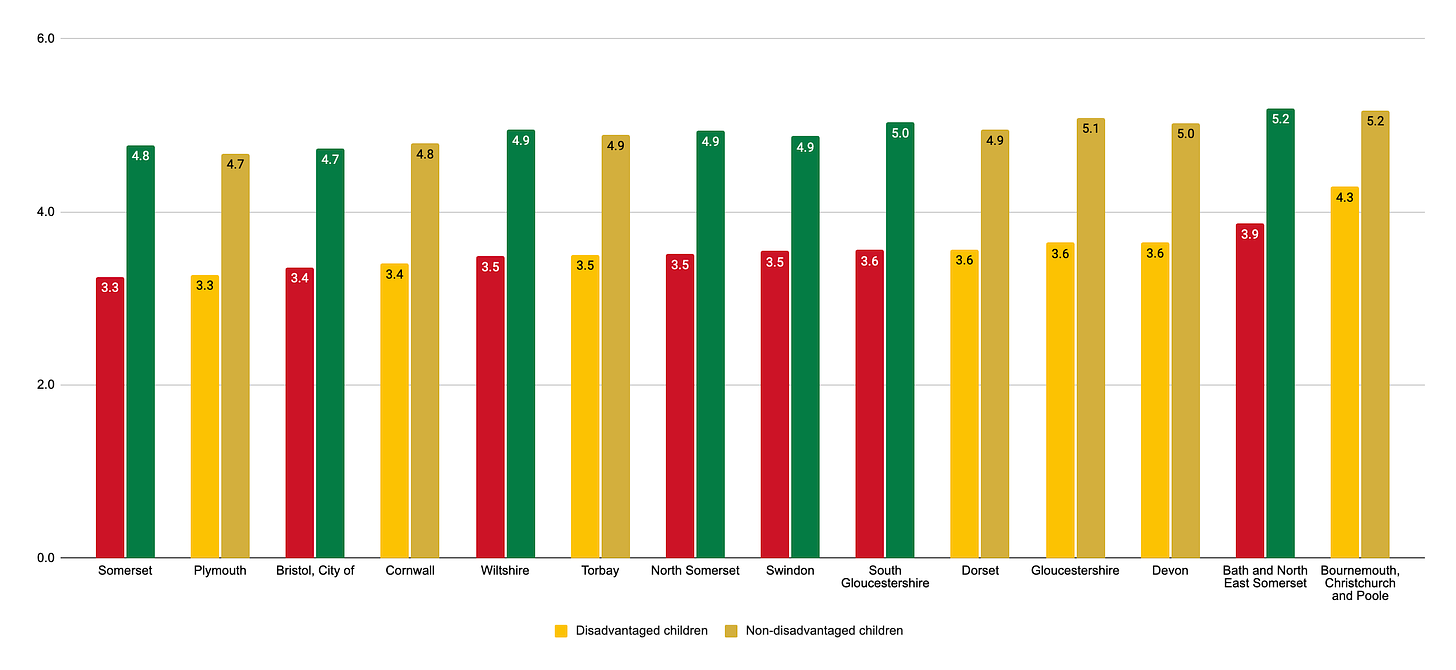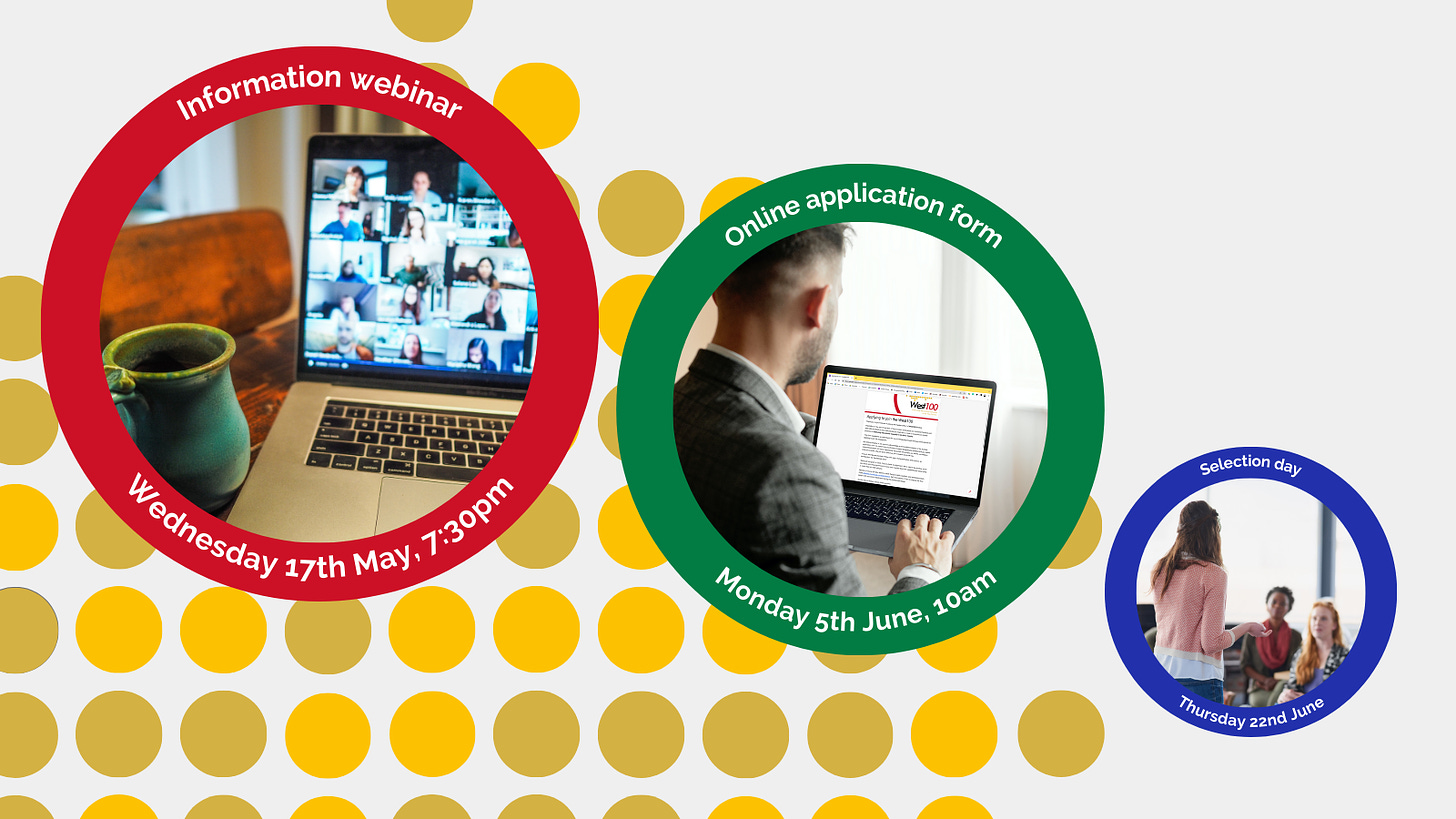If you’re hard up, the West Country can be a really tough place to grow up.
In fact—by some measures—it’s the hardest place in the country to do so.
Because the South West has the worst educational outcomes for disadvantaged young people in the country.
Think of Alfie. Alfie’s ten. He’s got two younger sisters. He lives in Chard with his dad. He loves animals. And, over the last few years, Alfie and his sisters have been eligible for free school meals.
In two months’ time, little Alfie will finish primary school more than a year behind his friends. Fast forward five years and that gap between Alfie and his mates will have almost doubled in size (Education Policy Institute (EPI), 2020).
What this means—in reality—is that come August 2028, as things stand, as Alfie’s friends pick up a mix of 4s, 5s and a few 6s in English and Maths, we’re currently on track to hand Alfie an envelope with two 3s instead (EPI, 2022).
Disheartening as it is, Alfie’s story isn’t an exceptional one. This is what we can expect, presently, for the ~2,500 ‘disadvantaged children’ like Alfie taking exams in Somerset this summer.
And while the 1.5 ‘average grade gap in GCSE English and Maths’ recorded in Somerset places it in the bottom 10% of local authorities nationally—it’s by no means an outlier within the region. The same grade gap is observed in South Gloucestershire and Wiltshire, with North Somerset, Bristol (both 1.4) and BANES (1.3) following very closely behind (EPI, 2022).
Falling behind is the norm. Upward mobility is not.
According to the University of Exeter’s Centre for Social Mobility, upward occupational mobility in the South West was the 3rd lowest of 19 regions in 2015—with West Somerset ranked bottom of 324 local authority districts in the Social Mobility Index (Sim and Major, 2022).
While it’s true to say that these educational inequalities are being compounded by factors outside the classroom; it’s also true that higher levels of qualification are still strongly associated with better prospects in any given labour market (ibid).
“Today’s education inequalities are tomorrow’s income inequalities” (Institute for Fiscal Studies, 2022)
Collectively, we’ve got to do more to ensure kids like Alfie can enjoy lives of choice and opportunity.
That means building stronger, more trusting relationships within and between our school communities. That means delivering first-class curricula and ensuring every child has an effective teacher in front of them every single day.
It means that we need to come together to create outlets for his passions where they don’t already exist; to provide guidance and support when navigating life beyond the school gates; and, to forge clearer paths to further training and/or higher education.
This is a major social justice issue with a relatively low profile.
Many people—including those who have worked within our schools for many years—are surprised to learn about the depth and/or breadth of our shared challenge. These inequalities can be as inconspicuous as they are deeply entrenched and pervasive.
We want to change this.
And this is a call to action.
Seven leading school trusts from across the region (plus, the Reach Foundation) are coming together to elevate the profile of this challenge.
United Learning, and
We want to build a shared understanding about precisely what is putting pressure on people experiencing disadvantage and to develop the capital required to tackle it head-on, together.
Over the next five years, we’re going to identify and nurture 100 aspiring headteachers to do this by leading schools where all children thrive.
A hundred, humble, high-potential and effective school leaders, with strong bonds in the communities they serve and a desire to build better bridges between them. It’s a team sport.
Because amidst the bleak educational forecast for the most vulnerable children in our care presently, we are steadfast in the belief that we have within us what it takes to change this narrative for our region.
Our bonds are already pretty strong
If you’re local, you know that already. The West Country’s social fabric is famed and for good reason.
Despite what we lack in physical infrastructure—by and large—we make up for it through strong relationships and a deep sense of collective belonging (see below from Onward (2023)).


Education’s a community affair. It’s deeply relational. We educate our own. We live in (and love!) the communities we serve. That isn’t always the case in other parts of the country.
Community strength is about so much more than bricks, mortar and train lines. And while the relationship between strong community bonds and greater prosperity is complex, at the community level, strong social capital and relational wealth are strongly linked with improved well-being and fulfilment at the individual level (The Cares Family, 2021).
We need better bridges
We need to do more to connect our tightly-knit communities.
One of the reasons physical infrastructure is so important is that it’s social too. Shared, cared-for spaces and better access to civic infrastructure enable people to ‘bridge’ their differences and to come together to raise and address shared challenges (Onward, 2021).
To this end, we believe headteachers’ roles as civic and system leaders cannot be understated. And we firmly believe that investing time and resources in the development of the next generation of leaders is critical to us unlocking positive change across the region.
Highly-networked, purposeful leaders, armed with a rich understanding of the unique challenges faced by their communities as the catalysts for transformation.
How you can help
If the challenge presented above resonates; if it sounds familiar and fires up a sense of righteous anger; if you believe that it is possible to eradicate educational inequality in our schools—we need you.
If you’re all of the things above and you want to lead your own school in the next five or so years—we think that you should think about joining the first cohort of the West100 School Leadership Programme.
🤳 We’ll be sharing more information here about what it is and how it works exactly in the next few days. Subscribe below to receive updates as and when they’re published.
🧑💻 On Wednesday 17th May @ 7:30pm, we’ll be holding an online information event for those interested to hear more about the programme, with plenty of time to ask questions too. If you’d like to join, please register your interest here.
And, finally, when you’re ready, apply here!






